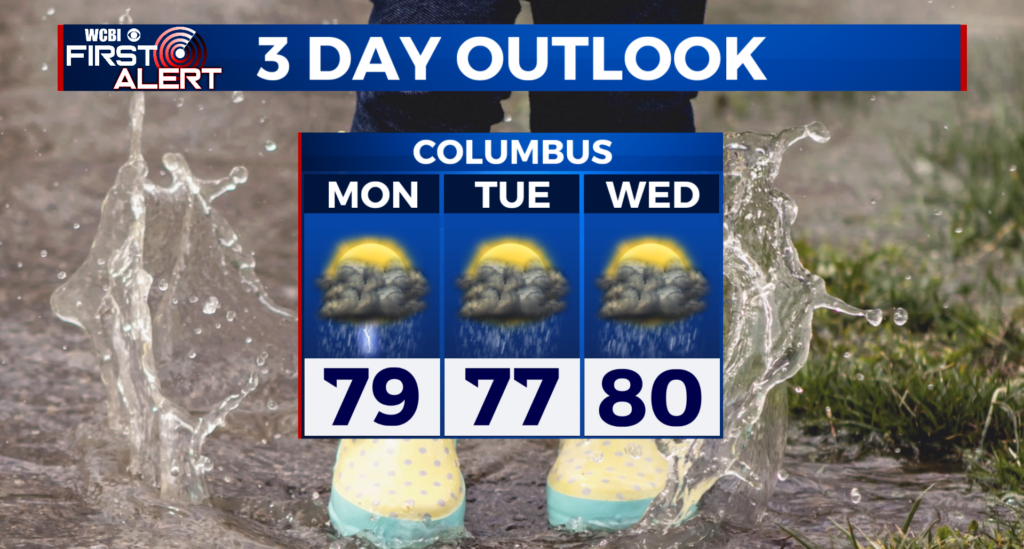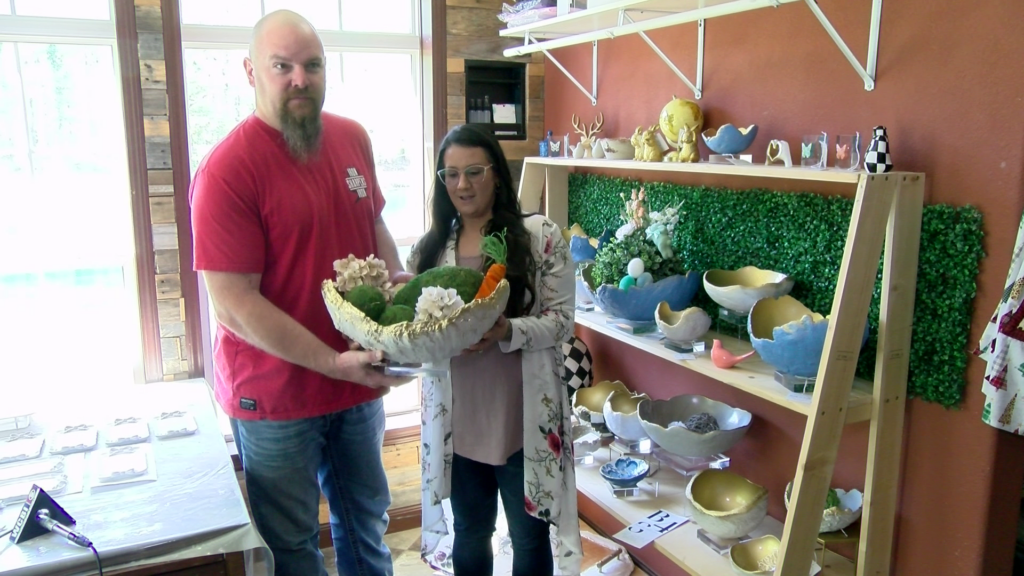Video: Local Doctor In A Personal Battle With Colon Cancer
[jwplatform vsmQnrA8]
TUPELO, Miss. (WCBI) — Colon cancer is the third most commonly diagnosed cancer and the second leading cause of cancer death in men and women combined in the US. To help observe Colon Cancer Awareness Month, WCBI is partnering with Fred’s Pharmacy and offering free resources.
Tonight, in part one of a three part series, WCBI’s Allie Martin introduces us to a local man who for years fought the disease and is now a patient.
On most days, Dr Sam Pace makes a trip to NMMC’s Wellness Center.
He recently retired after more than 30 years as a gastroenterologist . During that time he helped detect and fight colon cancer. And he encouraged patients to get a colonoscopy when they turned 50.
“I practice what I preach. When I was 50 I had a colonoscopy and it was normal. Recommendation was to have another in 10 years, had repeat and had colon cancer,” Dr. Pace said.
For Dr. Pace, the battle became personal. He underwent surgery and had the colon cancer removed, tests on lymph nodes were negative, and the chances of Dr. Pace having a recurrence were only 10%.
This past summer, a follow up colonscopy put Dr. Pace in that 10% group. The cancer has spread outside his colon, to a few areas in his lung. Every two weeks he goes for chemotherapy treatments.
“It’s sort of like a stumper but it only goes to say that anybody can get colon cancer and statistics are statistics,” Dr. Pace said.
On average, the lifetime risk of developing colon cancer is about 1 in 20, of course that varies depending on individual risk factors, such as age, most colon cancers are discovered in people over 50, and a family history of colon cancer also increases the risk. Often, there are no symptoms.
“When I had recurrence last July I didn’t have any symptoms, I was working full schedule, activities, playing golf, doing things like that and if I had waited until say, gee I don’t feel right, success I’m having now in treatment may not be nearly as good,” he said.
Dr. Pace encourages people to get colonscopies whenever they turn 50, or if they have any risk factors. Colonoscopies can detect polyps, tiny growths in the wall of the colon, which, in some cases, can turn into cancer.
“It’s critical. Recent data has come out showing importance of screenings, has been a tremendous decrease in colon cancer deaths over the past 10 years and it’s specifically related to screenings. I’m pleased were knocking this particular cancer in the head and getting rid of it. I got screened and even though I had a recurrence, everything has been caught at a fairly early stage,” Dr. Pace said.
There is even a self test people can take to see if there may be warning signs. These free kits can be picked up at local Fred’s Pharmacies.
“Inside are five test kits, place into toilet to see if water is compatible with kit, after next three consecutive bowel movements, throw on top of water, if positive blue sign, contact your doctor,” said Jeff Jones, of Fred’s Pharmacy.
Of course you should contact your physician if there are any doubts or uncertainties about the self test kits. After all, if colon cancer is detected in its early stages, it is up to 90 percent curable.
Tomorrow night we will have more with Doctor Pace, and how attitude and lifestyle changes play a big role in not only the treatment, but also possible prevention of colon cancer and other diseases.





Leave a Reply